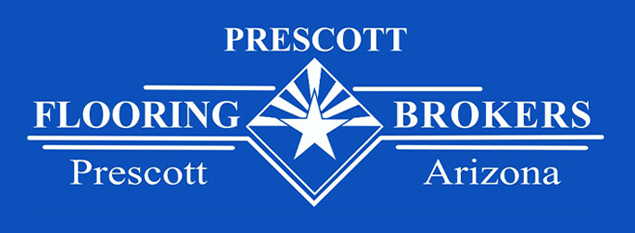It’s beautiful. It’s evocative. It’s natural solid stone flooring — 300 million years in the making!
One might say it’s an ancient idea. About 2630 B.C., Pharaoh Djoser’s Step Pyramid rose up out of the Egyptian countryside. It was the largest building of its time and much of it was made of stone. This was a tomb meant to last forever and, by constructing it from stone, it has indeed outlasted the mud-brick commonly used in inferior pyramids. It’s chief architect, Imhotep, is credited with inventing stone architecture.
Stone floors offer something no other flooring can: history. Architects and designers since the beginning of civilization have used natural stone for their most important works. In countries around the world, stone has long been the accepted choice for cathedrals, monuments, museums, houses of government and, of course, homes.
There are three basic types of rock from which we carve out stone floors:
Travertine and limestone are examples of sedimentary stone. Granite is an example of igneous stone. Slate and marble are examples of metamorphic stone.
Call us today!
Stone floors offer something no other flooring can: history. Architects and designers since the beginning of civilization have used natural stone for their most important works. In countries around the world, stone has long been the accepted choice for cathedrals, monuments, museums, houses of government and, of course, homes.
There are three basic types of rock from which we carve out stone floors:
- Sedimentary
- Igneous
- Metamorphic
Travertine and limestone are examples of sedimentary stone. Granite is an example of igneous stone. Slate and marble are examples of metamorphic stone.
Call us today!
Why consider stone flooring
Stone flooring has long been considered the flooring material of choice for the privileged and elite. Think castles and palaces. But that is no longer the case. Advances in technology have helped make the labor-intensive process much more affordable and that savings has been passed on to modern day consumers. Since your home is your castle, why not consider stone floors?
Stone’s path to your home begins in a quarry. Large blocks of stone are cut from the earth and transported to a processing plant. Did you know that stone is just a rock until it’s been quarried? Only after cutting is it called stone. The blocks are cut into slabs. The slabs then go to a fabricator to be cut again, shaped and polished.
Today, natural stone quarries can be found throughout the world, including Italy, China, Spain, India, Canada, Mexico and right here in the USA.
Among the many advantages of stone is one very practical one. Natural stone flooring will virtually always increase your home’s resale value. And unlike other types of flooring (but like a good wine), it improves with age.
While most of the information in this section refers to natural stone, there is an alternative called Manufactured Stone (or Agglomerate Stone). It’s a synthetic stone product that can be used for flooring and is typically less expensive than natural stone.
Stone’s path to your home begins in a quarry. Large blocks of stone are cut from the earth and transported to a processing plant. Did you know that stone is just a rock until it’s been quarried? Only after cutting is it called stone. The blocks are cut into slabs. The slabs then go to a fabricator to be cut again, shaped and polished.
Today, natural stone quarries can be found throughout the world, including Italy, China, Spain, India, Canada, Mexico and right here in the USA.
Among the many advantages of stone is one very practical one. Natural stone flooring will virtually always increase your home’s resale value. And unlike other types of flooring (but like a good wine), it improves with age.
While most of the information in this section refers to natural stone, there is an alternative called Manufactured Stone (or Agglomerate Stone). It’s a synthetic stone product that can be used for flooring and is typically less expensive than natural stone.












